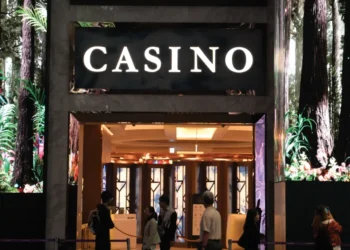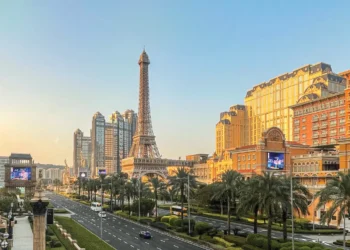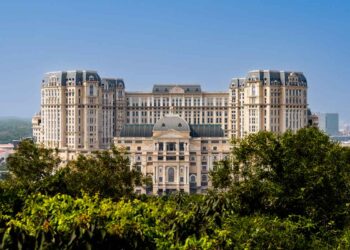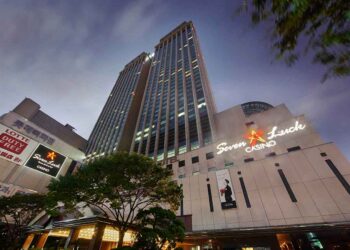Deep divisions among Taiwan’s lawmakers have doomed prospects for casinos in the populous capital of Taipei or anywhere on the main island.
The Legislative Yuan’s Transportation Committee has struck down 83 of 114 provisions contained in a draft Tourist Casino Management Act that has been under consideration since last spring. The approved articles include a framework to guide licensing, but only on offshore islands where local residents have granted their approval. That has occurred so far only on the Matsu archipelago, which lies about 10 miles off mainland China’s Fujian province in the Taiwan Strait. A referendum to bring casinos to the larger island group of Penghu was voted down four years ago.
Anti-casino groups, meanwhile, continue to call for a complete withdrawal of the bill, urging the government not to count on casinos to boost tourism. Their ranks include a significant number of lawmakers. The Transportation Committee does not agree but passed along with its amendments a proposal to block government investment in casino operations in accordance with the new regulations.
With passage of the amended act now appearing likely, officials on Matsu will at least know how many casinos will be allowed—expectations are for one or two at most—and how to evaluate bids. Once licenses are granted, a best-case scenario projects the first casino to open in about five years, a time frame that includes land acquisitions and infrastructure improvements in the areas of water and power generation and air and land transportation.
“Given that the act could be successfully passed in the beginning of year 2014, we optimistically expect that the earliest time the casino could open to public in Matsu is around 2019,” said Lin Kuo Shian, director-general of the department that oversees gaming for the government’s Transportation Ministry.
Several global industry names have expressed interest in the Taiwan market but only one, Weidner Resorts, headed by former Las Vegas Sands President William Weidner, has advanced specific plans.
“Weidner has the will, but there are other companies that are waiting for the act to go through parliament,” said Matsu’s tourism head Liu Te Chuan. “We don’t know how many will come forward.”
There was hope that Taiwan proper might open to the industry in the wake of recent statements out of China that mainland residents would not be permitted to visit any gambling venues slated for development in Taiwan, which Beijing considers a renegade province.
“Given this dynamic, any casino built in Taiwan would therefore largely be dependent on locals, which means that only a casino built near population centers, such as Taipei, would make sense—and only if locals are allowed to gamble,” investment brokerage Union Gaming Research Macau said at the time.
Terry Gou, head of Foxconn Technology Group and one of Taiwan’s wealthiest citizens, proposed the creation of a casino district to draw on Taipei’s population of 9 million, and Transportation Minister Yeh Kuang Shih similarly suggested that casinos could be permitted as part of a special economic zone near Taoyuan Airport in the capital city. Premier Jian Yi Huah, however, decribed such plans as “problematic,” and although enabling legislation was proposed by lawmakers of the governing Kuomintang Party the Yuan proved to be too divided on the issue.
Pro-casino forces, in the meantime, are marshaling their resources for another crack at Penghu, where an Isle of Man-based company called Claremont Partners owns 27 acres on which it wants to develop a gaming resort.
“We continue to conclude that Penghu very much remains a viable location,” a spokesman for Claremont said.




































